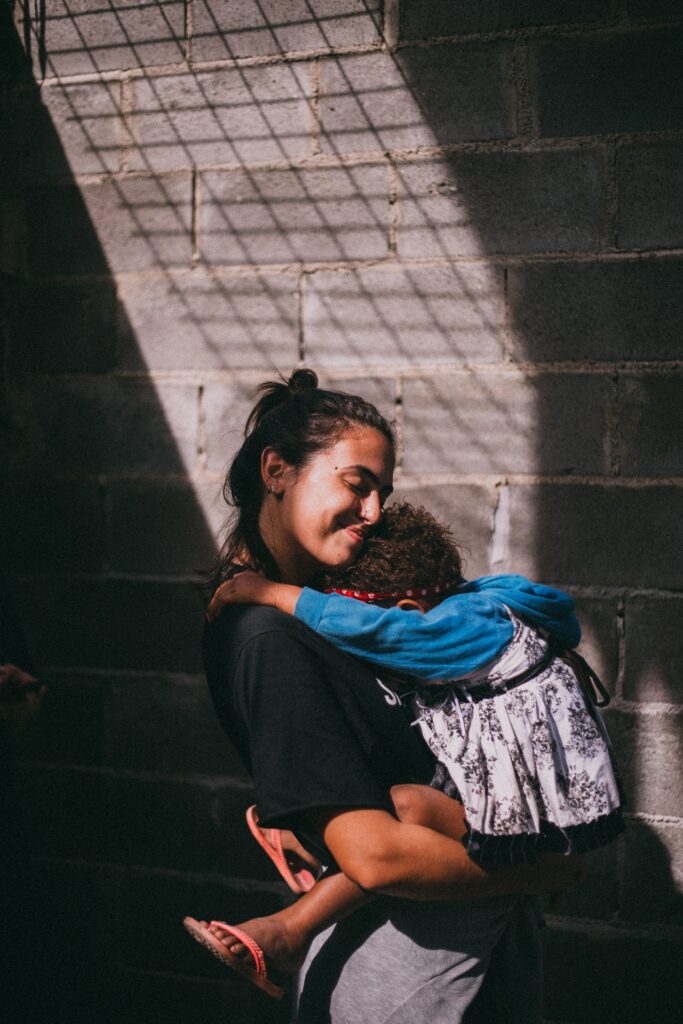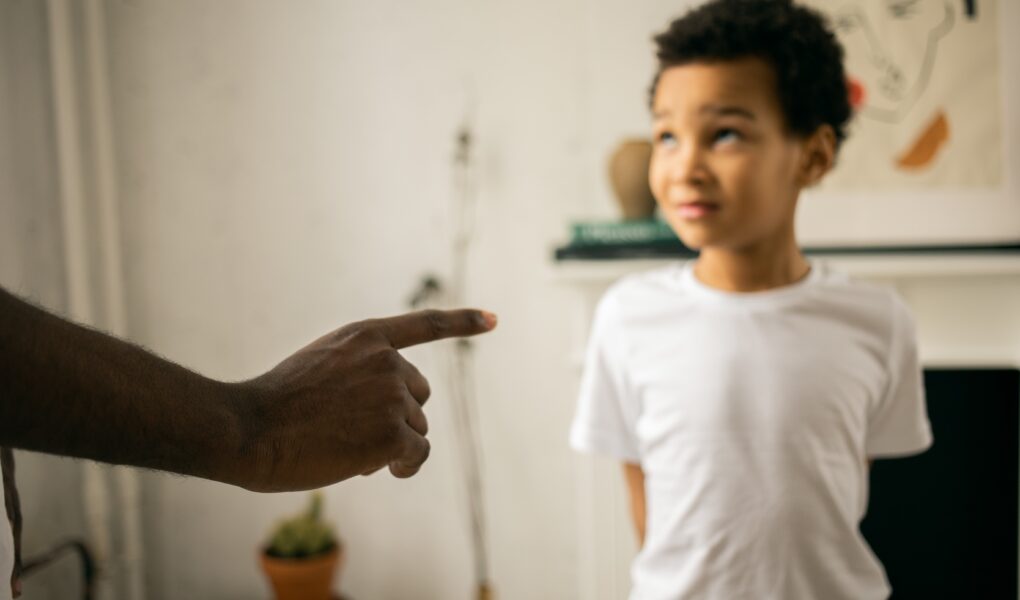Photo by Monstera/Pexels.com
As much as we try to avoid them, arguments are a natural part of human relationships.
As a Dad, disagreements with your kid can be especially challenging.
However, by handling the situation in a positive way, you can turn an argument into a valuable learning experience for both you and your kid.
Here are some tips on how to positively deal with an argument with your kids:
Stay Calm

The first and most important thing to do when you find yourself in an argument with your kid is to stay calm.
Arguments can quickly escalate when both parties are feeling upset and emotional, but by remaining calm, you can help de-escalate the situation.
Listen
One of the most common reasons arguments happen is because people feel like they aren’t being heard.
Take the time to listen to your kid’s point of view, and let them know that you understand how they feel.
This can go a long way in resolving the conflict.
Express Your Feelings
Once your kid has had a chance to express their feelings, it’s important that you do the same.
Be honest about how the situation is making you feel, and try to avoid blaming or attacking your kid.
Find Common Ground
When two people are in an argument, it’s easy to get stuck in a “win-lose” mentality.
Instead, try to find common ground with your kid.
Focus on what you both agree on and work together to find a solution that works for both of you.
Apologize

If you realize that you were in the wrong, don’t be afraid to apologize to your kid.
Admitting your mistakes and taking responsibility for your actions can help rebuild trust and respect in your relationship.
Learn from the Experience
Finally, it’s important to learn from the experience.
Take some time to reflect on what happened and how you can prevent similar arguments from happening in the future.
Use the conflict as an opportunity to grow and strengthen your relationship with your kid.

Arguments between dads and their kids can be challenging, but they don’t have to be negative experiences.
By staying calm, listening, expressing your feelings, finding common ground, apologizing, and learning from the experience, you can turn a disagreement into an opportunity for growth and connection.
Remember, the most important thing is to approach the situation with love and respect for your kid.




